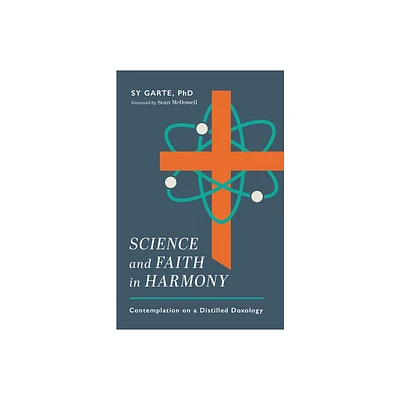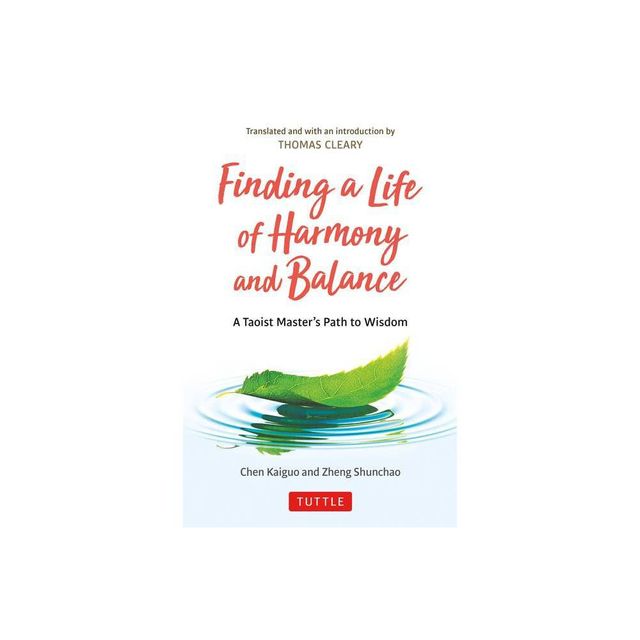Home
Eat in Harmony: A Feast of Life, the Arts, and Faith
Loading Inventory...
Barnes and Noble
Eat in Harmony: A Feast of Life, the Arts, and Faith
Current price: $24.95


Barnes and Noble
Eat in Harmony: A Feast of Life, the Arts, and Faith
Current price: $24.95
Loading Inventory...
Size: OS
*Product Information may vary - to confirm product availability, pricing, and additional information please contact Barnes and Noble
Eat in Harmony is not a cookbook. The author, a musician/conductor/lecturer, leads the reader on a journey through fascinating adventures that made his life unique and rewarding. More than an autobiography of his career as a university music professor, it touches chance meetings, history, philosophy, works of art, influential composers, revelations, and philosophy. Compelling topics like the following: "Almost murdered in a deserted underground city in Turkey", "Sibelius in a vegetable garden", "A life changing baseball accident", "Vaht gut qvestions did you ask t'day?", "1989 in Poland and Hungary: Cathedral, Crucifix, and Congregation", "Olga, Dimitri, Smolny: Soviet Union 1965, Russia 1993", "What I learned from Beethoven and a piece of wood", "What I see in the mud and scum of things", "Medieval France meets Country Western", "Mendelssohn on a bus", "If I forget thee, O Jerusalem", "On stage with the Wagners in Bayreuth", "Bach, the man who made all the wrong decisions", and many more. Throughout the book the author takes an alternate path in a series of Reflections that have formed his view of art from a Christian perspective. It also includes comments from students, colleagues, and music critics that reflect on the influence the author had on their lives. Gregory S. Athnos, author of two award-winning books, is a retired professor of music from North Park University in Chicago. His choirs performed across the United States, Canada, China, and Europe. He was guest conductor of the Pushkin Chamber Orchestra and the Estonian State Symphony in the first performances of Handel's 'Messiah' since the Bolshevik Revolution. His university classrooms were filled. Students called his lectures on music, the arts, and culture 'lessons in life'. His unique approach to the arts has garnered invitations to speak in colleges, seminaries, churches, art museums, retirement communities, Road Scholar programs, and con


















